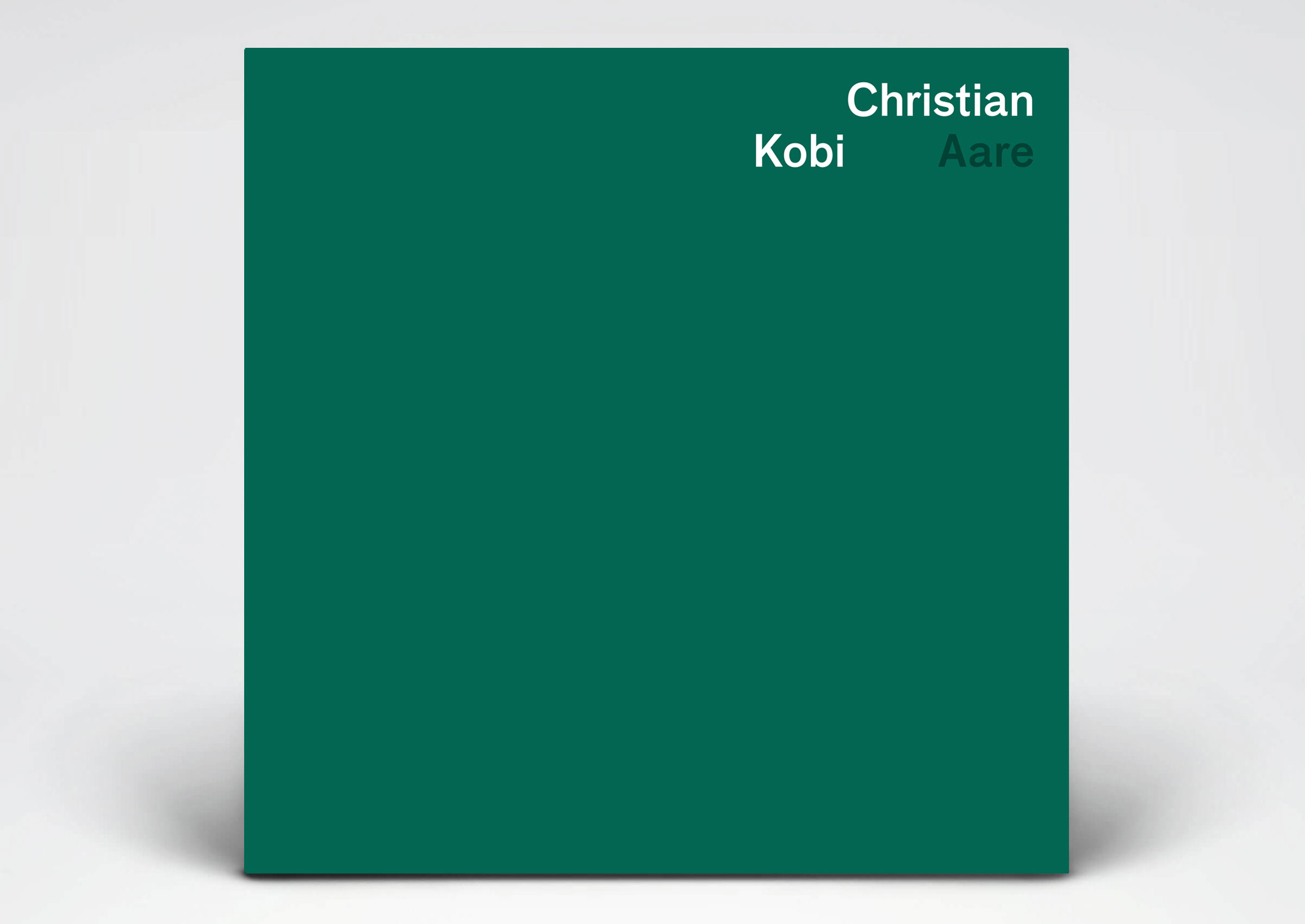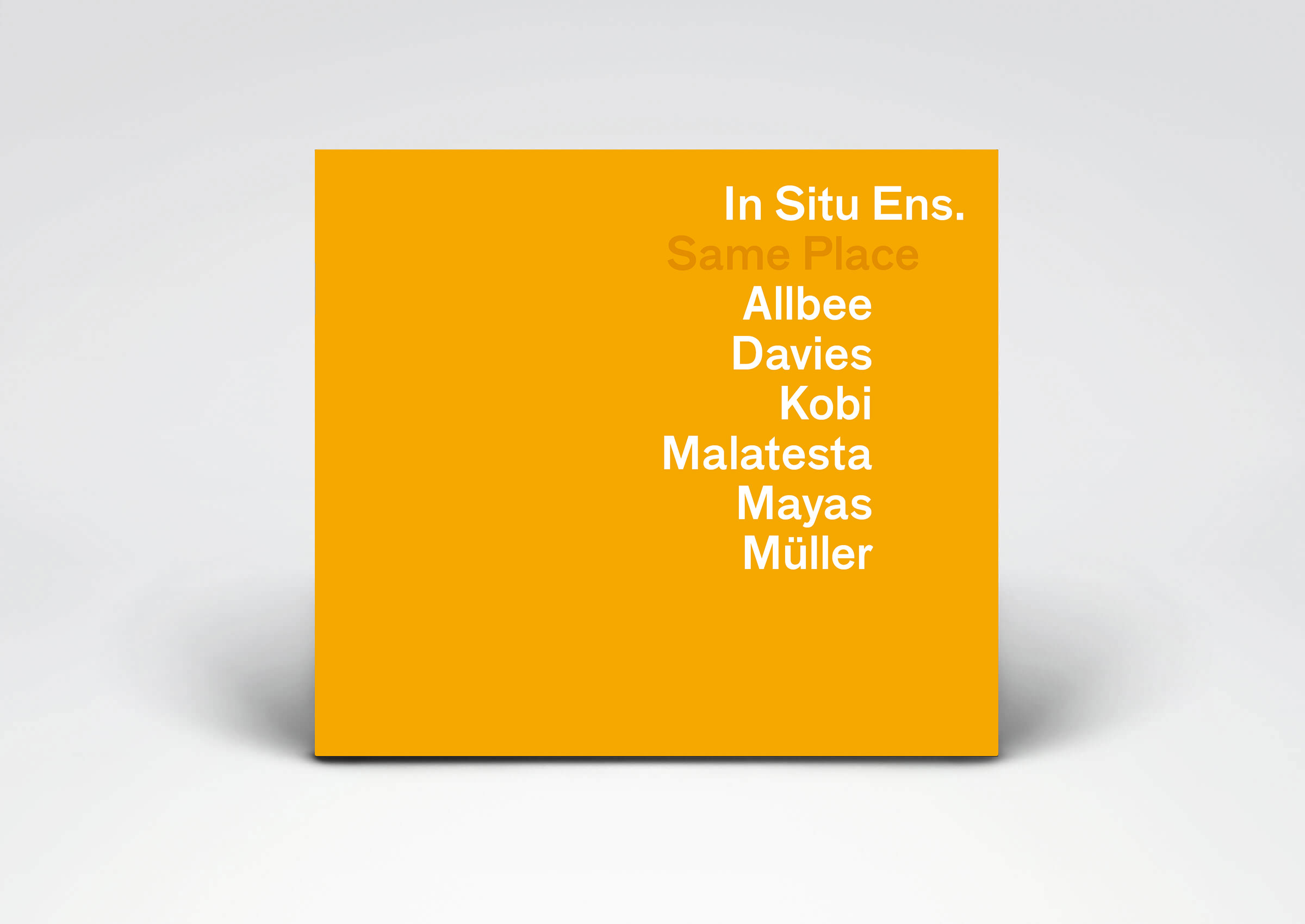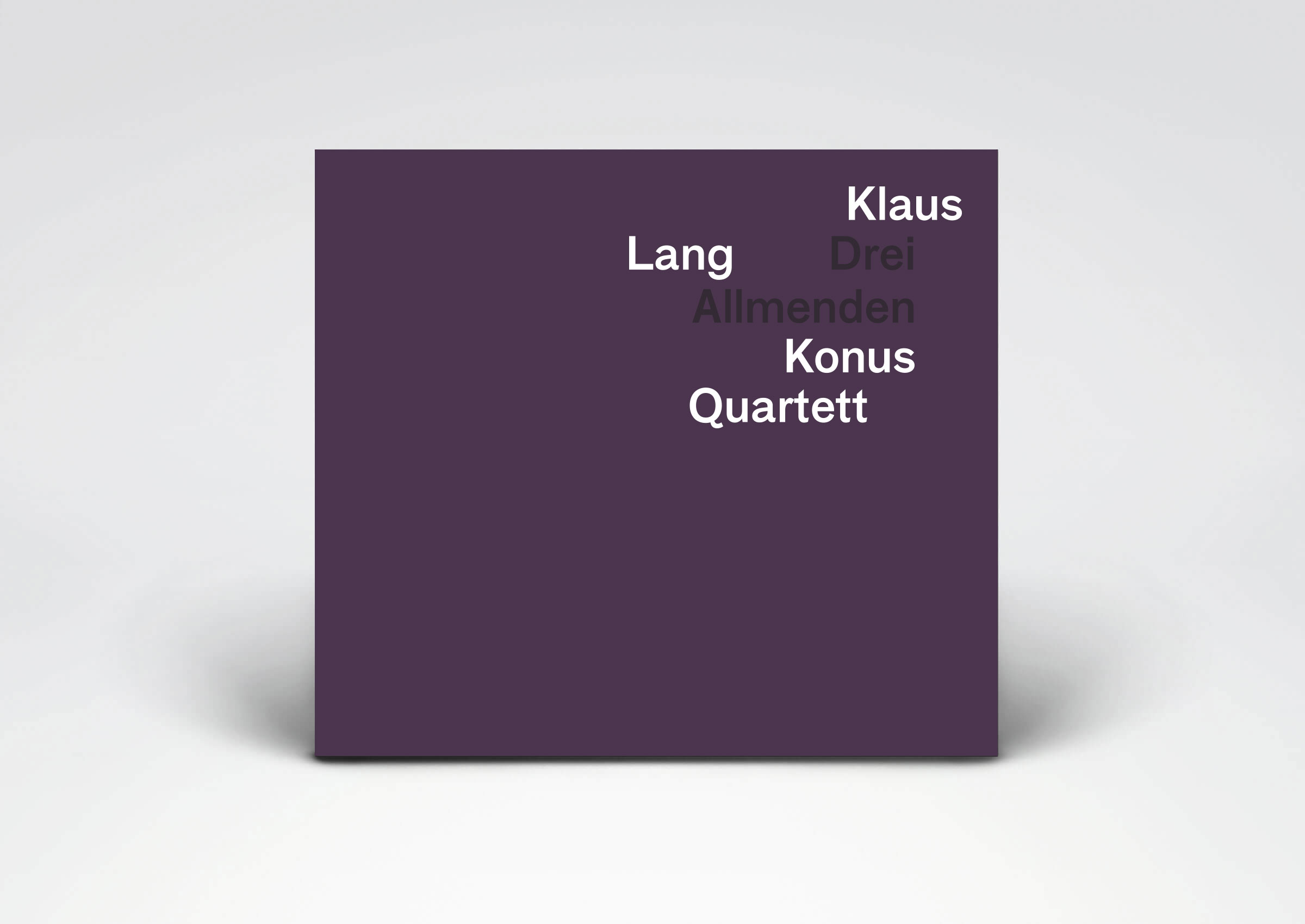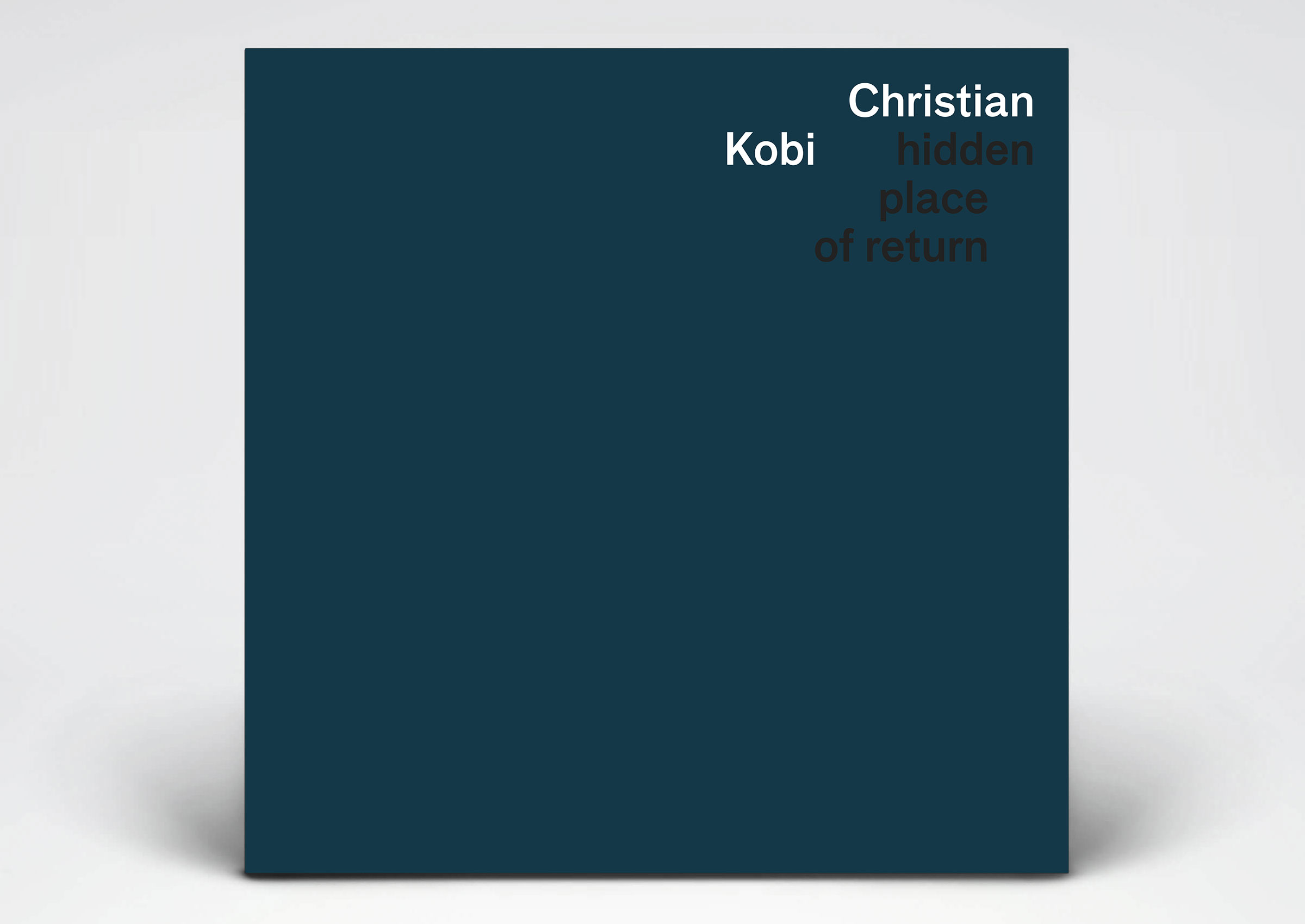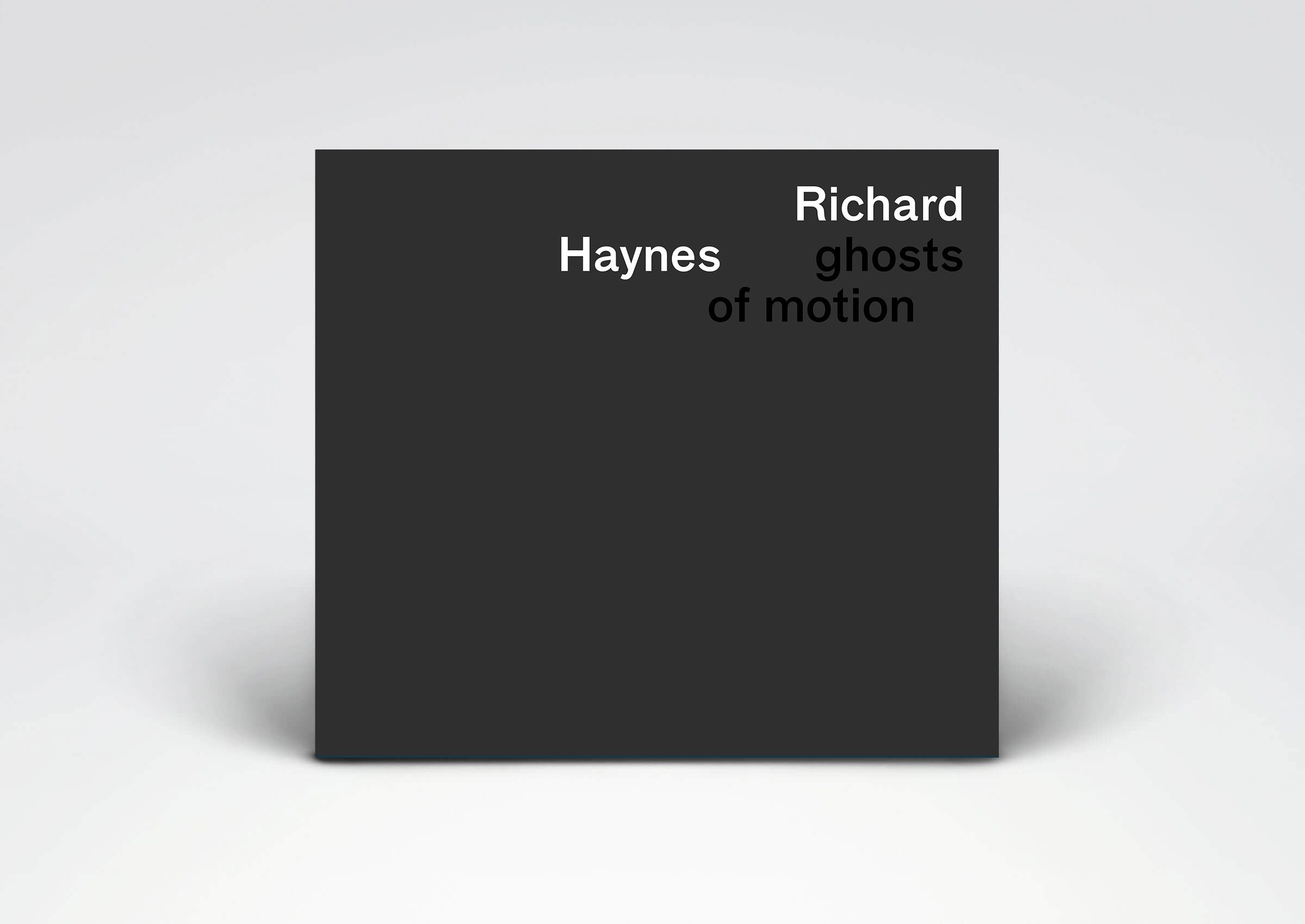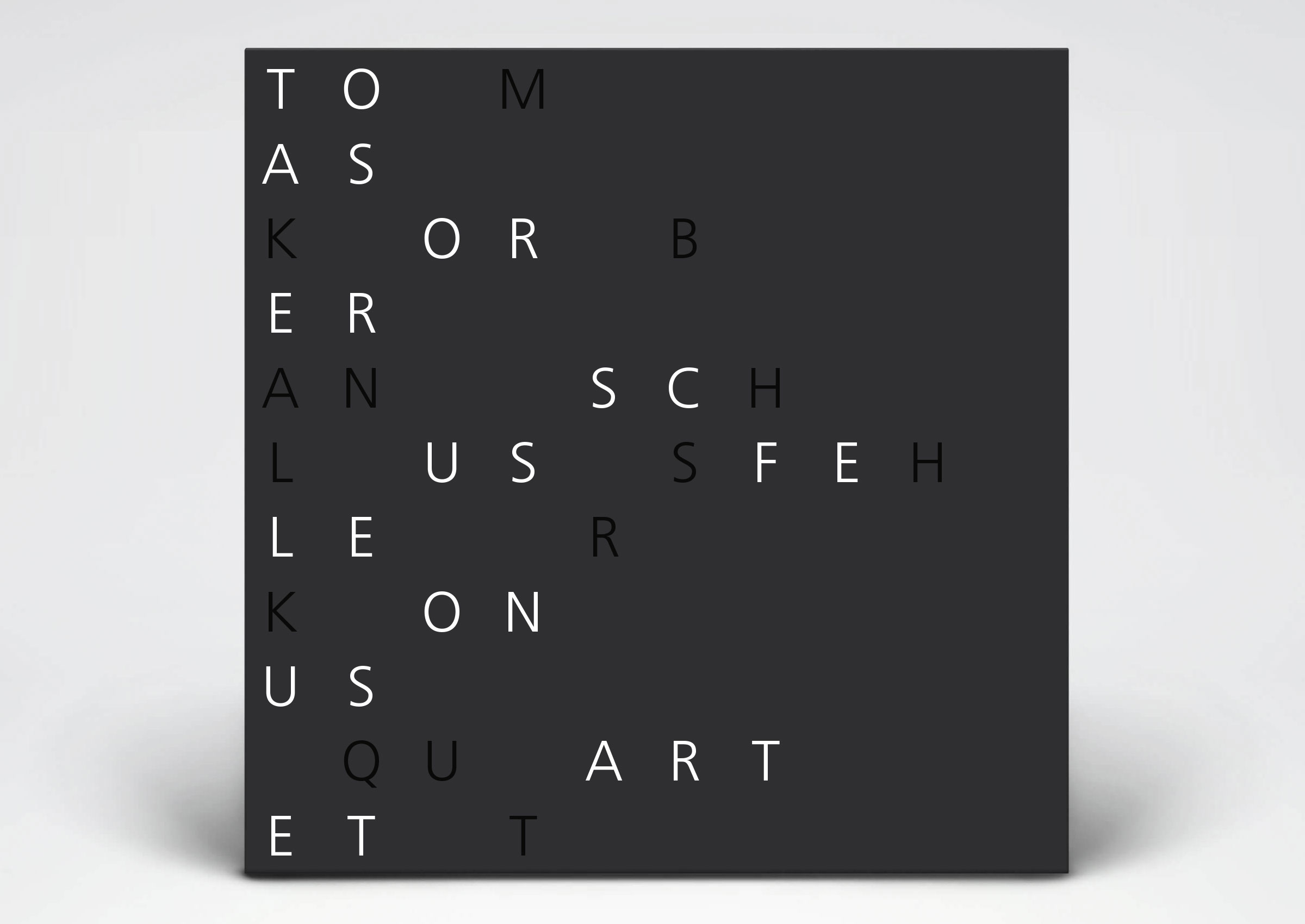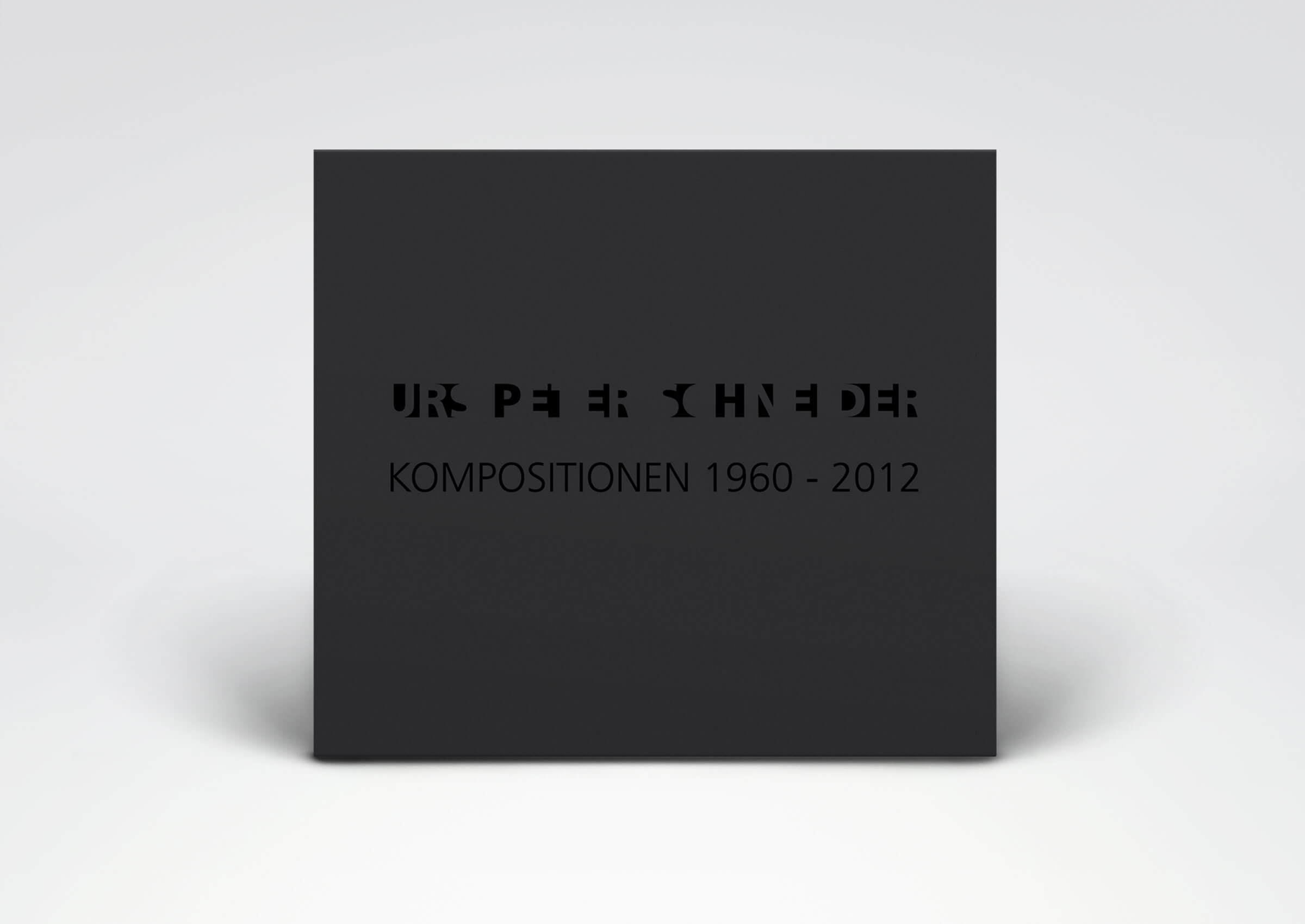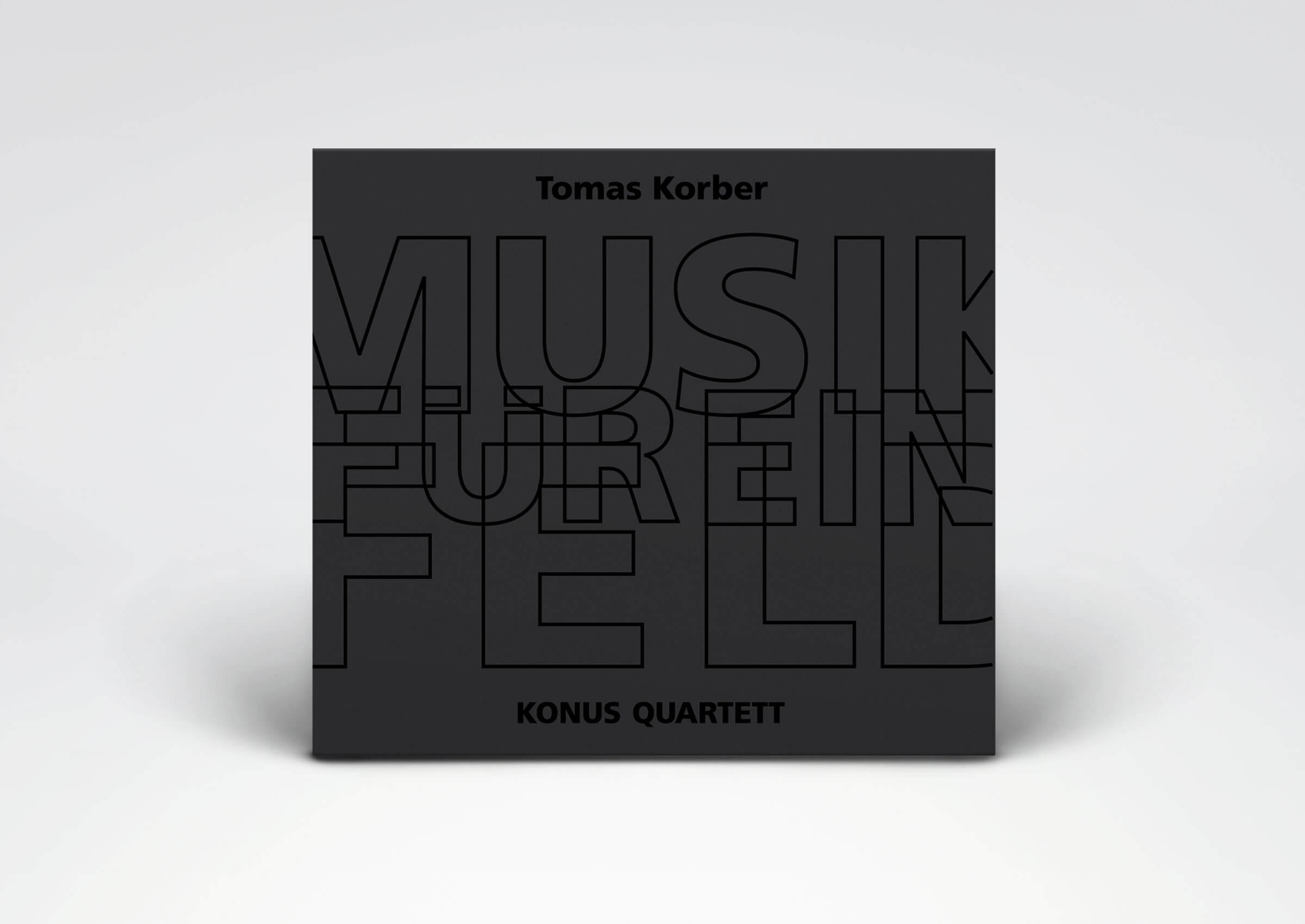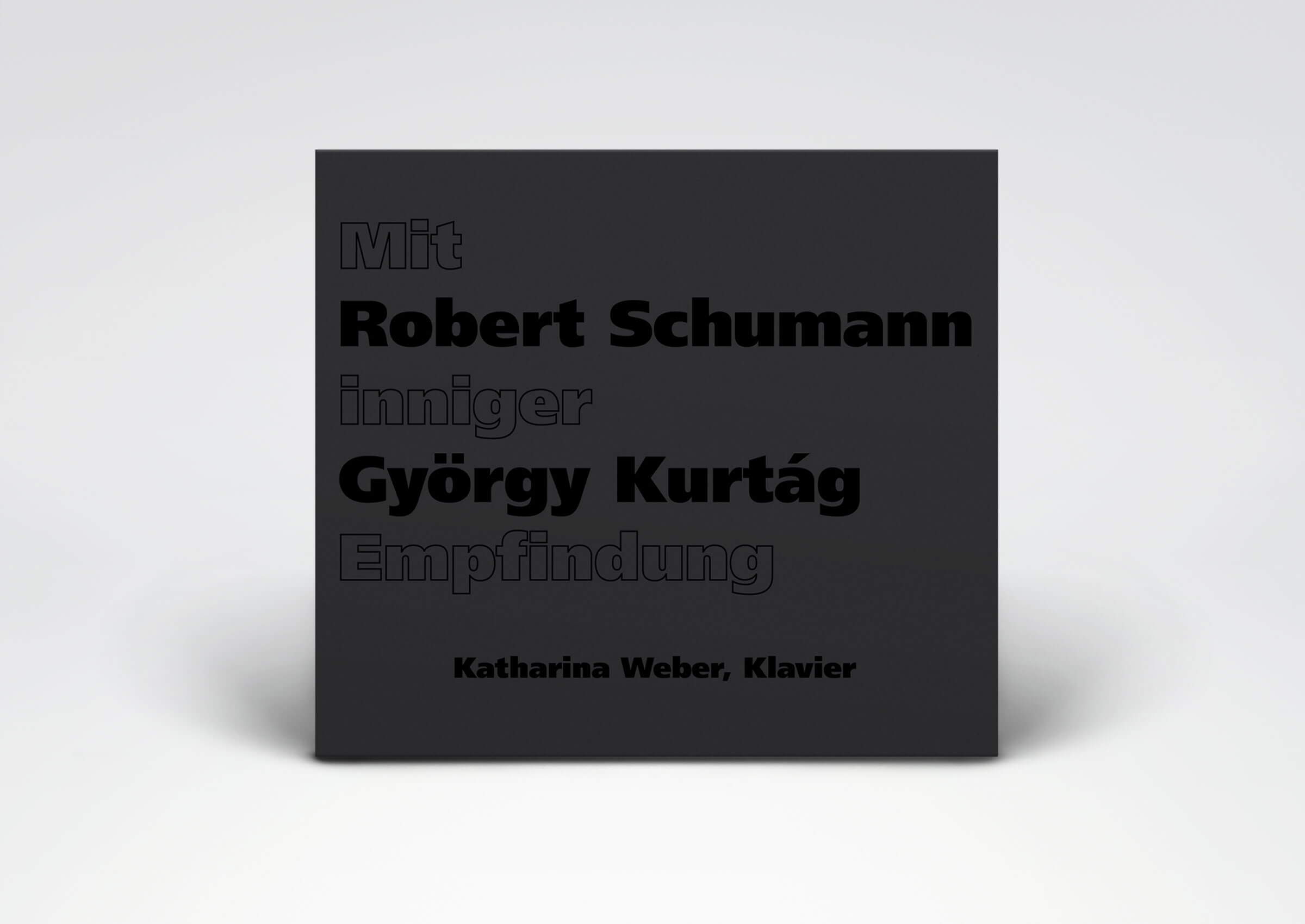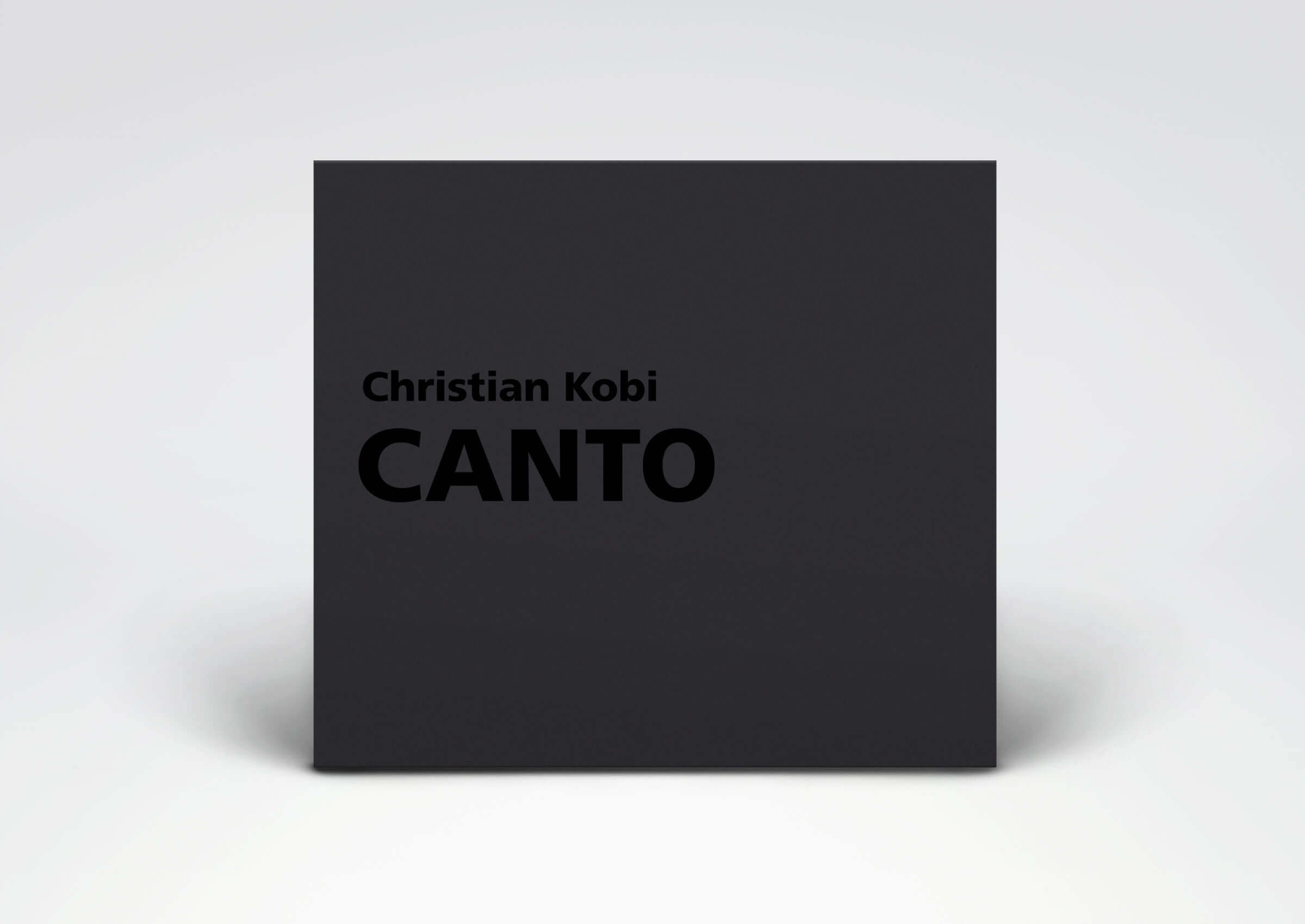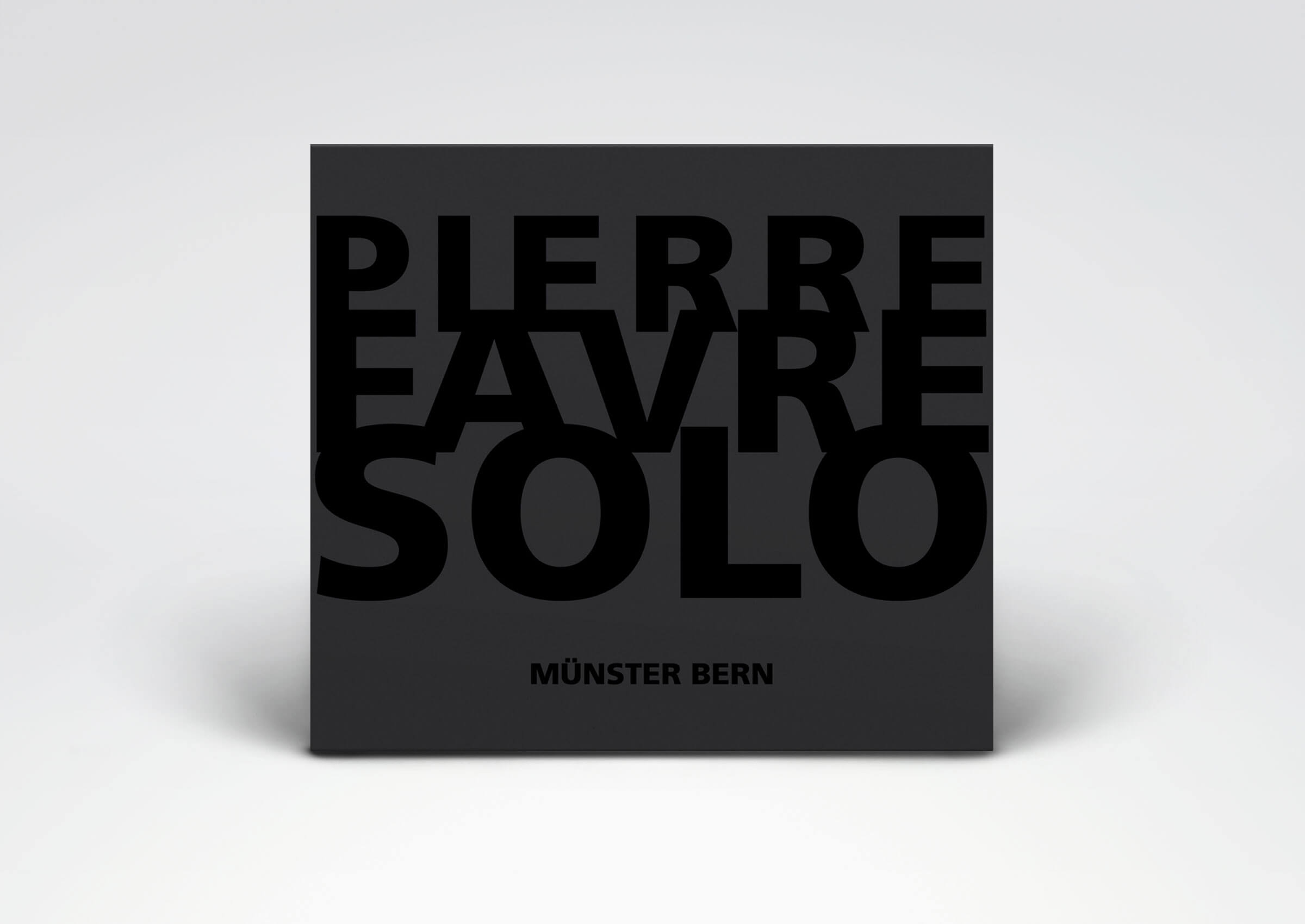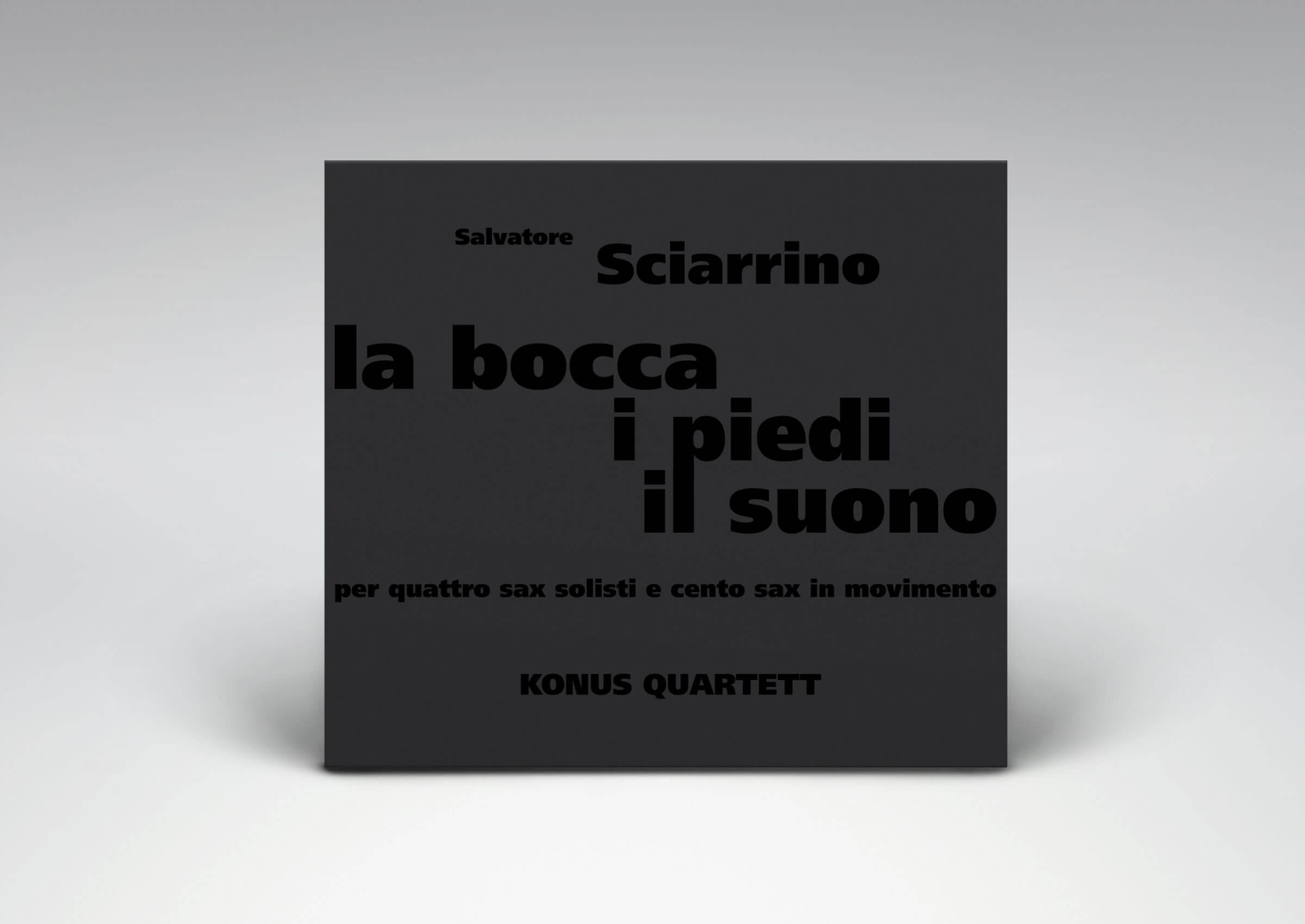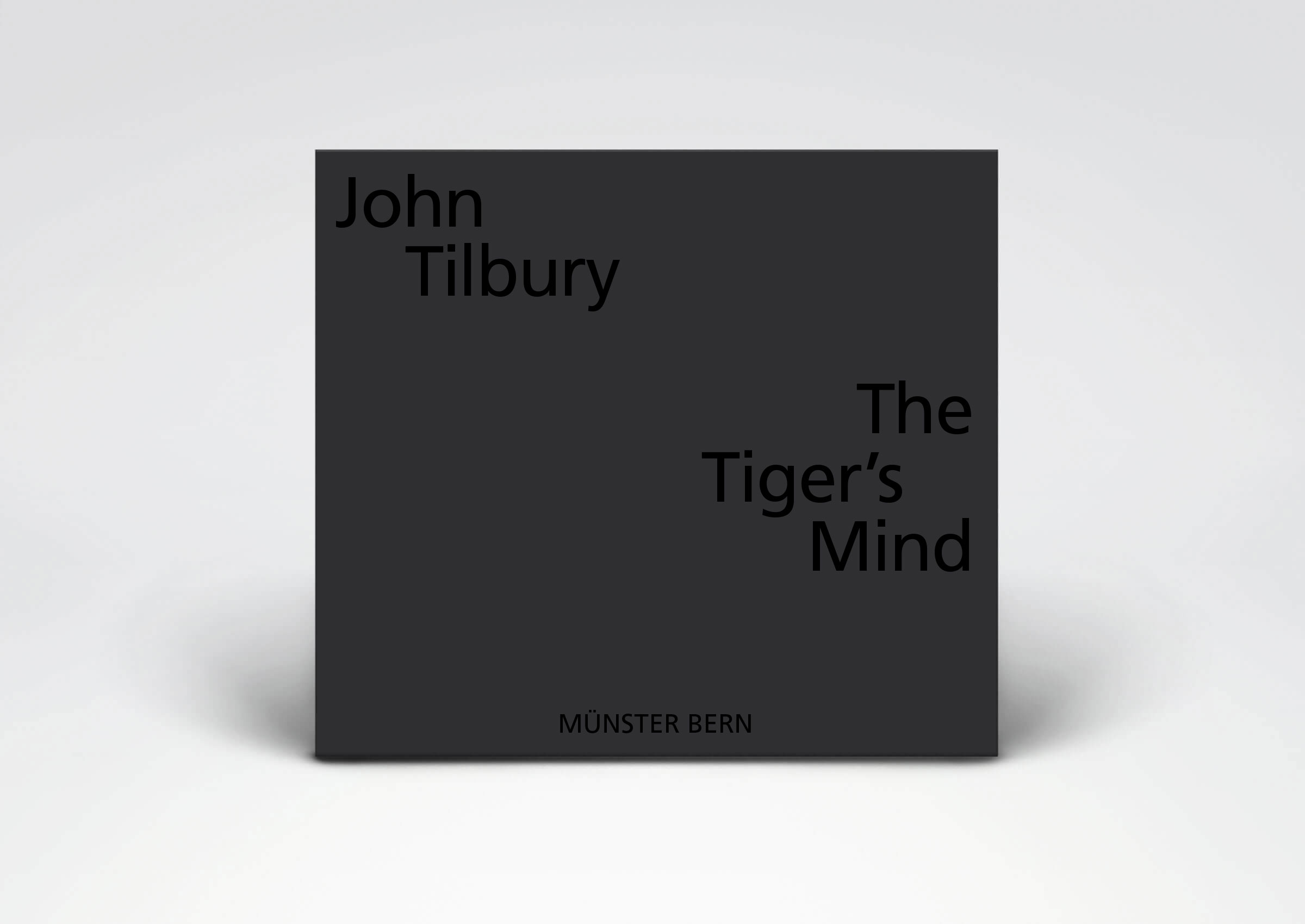

John Tilbury
The Tiger’s Mind (2019)
item number CR372
CD Edition
released March 15, 2019
buy it on bandcamp
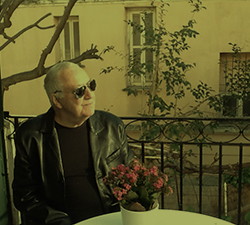

The Tiger’s Mind is an inspirational text (‘score’) where improvising musicians can find hints, pointers, images, metaphors, which can draw them into an unfamiliar orbit where they can respond and react to the characters which feature in the narrative: the insensate tree, the insubstantial wind, the abstract circle, the tiger, the human being (Amy) and the Mind, a ‘non-entity’, hard to recognise. In my performance in Bern Cathedral I introduced pre-recorded sounds of fire, water, birds, and various unidentifiable sounds; the grandeur, as well as the intimacy, and of course the marvellous acoustic of the Cathedral suited these sounds well and people in the ‘congregation’ would look up to spy the birds (the ‘sounds’) they could hear which, they thought, had found solace and freedom amidst the Cathedral’s rafters. By contrast, and felicitously, the grand piano was less dominant than in a concert hall where it always assumes centre-stage.
The Tiger’s Mind is in two parts. Here, I perform part 2, Nightpiece, although the early hours of Daypiece may well encroach upon it.
The text reads beautifully and demonstrates Cardew's poetic flair, the characters etched with an economy of expression and felicitous turn of phrase: Nightpiece. The tiger burns and sniffs the wind for news. He storms at the circle; if inside to get out, if outside to get in. Amy sleeps while the tiger hunts. She dreams of the wind, which then comes and wakes her. The tree trips Amy in the dark and in her fall she recognizes her mind. The mind, rocked by the wind tittering in the leaves of the tree, and strangled by the circle, goes on the nod. The circle is trying to teach its secrets to the tree. The tree laughs at the mind and at the tiger fighting it.
John Tilbury, Oct 20th 2019
Audio
excerpt 1
excerpt 2
excerpt 3
excerpt 4
excerpt 5
excerpt 6
Bio
John Tilbury is renowned for his peerless interpretation of the piano music of Morton Feldman, John Cage, Christian Wolff and Howard Skempton. In addition to the performances and seminal recordings that he has made of these composers’ works, he has been an eloquent advocate of their music in his writing and speaking about them. The same is true of the attention he has paid to the music and ideas of Cornelius Cardew, the subject of his authoritative biography published in 2008, and with whom he played in the legendary improvisation groups the Scratch Orchestra and AMM. In the last ten years John Tilbury has performed a range of plays and prose pieces by Samuel Beckett.
